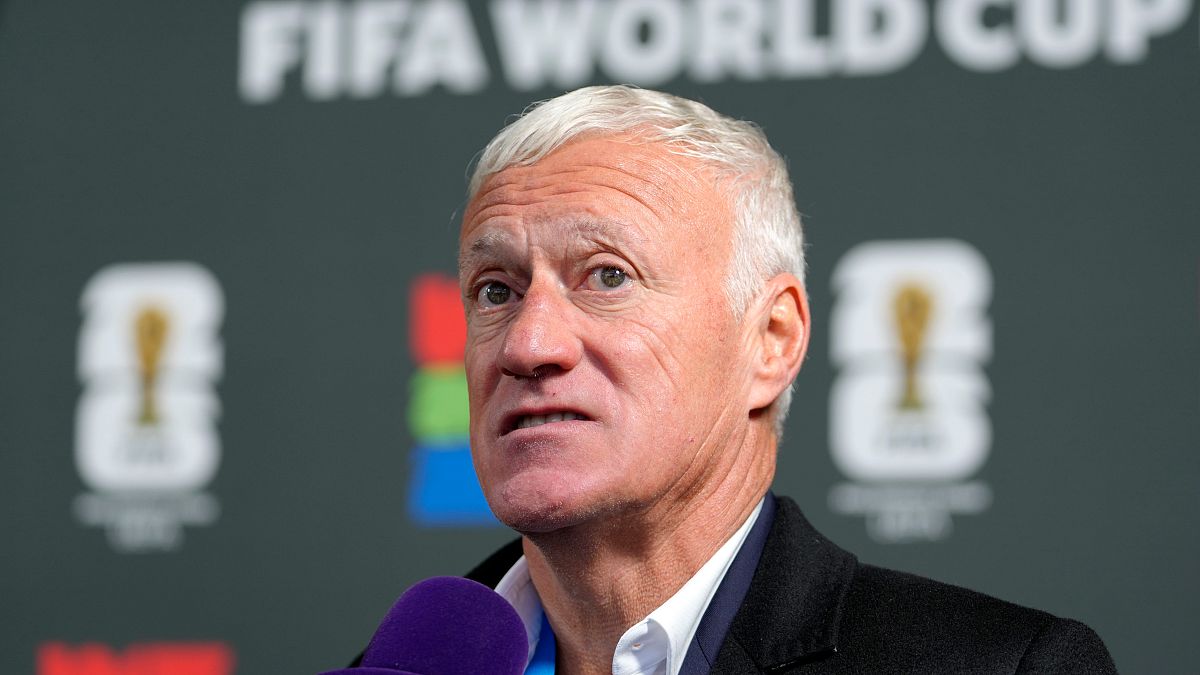German solar panel demand has been hit by dampened consumer and investor sentiment, as the ongoing cost of living crisis and high interest rates have hampered installations.
The German residential solar panel sector is currently experiencing a significant decline, following waning customer demand, mainly because of soaring layoffs and a rising number of bankruptcies amongst solar panel installation and distribution companies.
Several of the sector’s companies have also dealt with takeovers and had to change their existing strategies, in order to quickly adapt to these evolving circumstances.
The decrease in demand has contributed significantly to an erosion in solar panel prices, while also leading to an oversupply of panels in Germany.
This has led to fears about worsening investor and consumer sentiment in the solar panel sector, as well as concerns over the long-term effects on the EU’s climate goals. Other major European economies such as Belgium and Netherlands are also facing waning solar power interest.
Why is Germany’s solar panel industry on shaky ground?
Germany saw a jump in solar panel demand following the start of the Russia-Ukraine war, as concerns about escalating energy prices and the EU’s energy security increased.
In the first nine months of 2024, more than 11 gigawatts of solar power was installed in Germany, according to Ember, which was a rise of 3% from the same period the previous year.
This rise was supported by an abundance of government subsidies and grants for the German renewable energy sector, in an attempt to reduce the country’s dependence on Russian energy.
However, since then, the residential solar panel sector has faced a correction following robust profits for several months.
This was mainly because of the ongoing cost of living crisis, which contributed significantly to customers being more hesitant to invest in often expensive solar panel installations. Relatively high interest rates for several months also made solar panel financing packages more expensive, further hitting demand.
In mid-2024, the German government also announced its intention to reform and pull back some of its renewable energy subsidies. This includes moving to one-time grants for renewable energy investment expenses, instead of guaranteed prices, amongst other changes. During times of sufficient storage facilities, renewable energy projects are also likely to receive less subsidies.
Falling energy prices in the last several months have also demotivated consumers from committing to the high costs of solar panel installation, especially as energy prices continue to normalise following the initial shock of the Russia-Ukraine war.
The German solar panel market, much like its automotive sector, has also been severely impacted by intensifying competition from Chinese rivals, which are often considerably cheaper than domestic offerings.
This has led to several small solar panel startups and companies consolidating to avoid bankruptcies, as well as strengthen their position in the market, while shying away from most new investments.
However, Germany has also seen an uptick of mini photovoltaic systems in 2024, as some consumers continue their journey to go greener, albeit on a much smaller scale.

 1 week ago
2
1 week ago
2






 We deliver critical software at unparalleled value and speed to help your business thrive
We deliver critical software at unparalleled value and speed to help your business thrive






 English (US) ·
English (US) ·